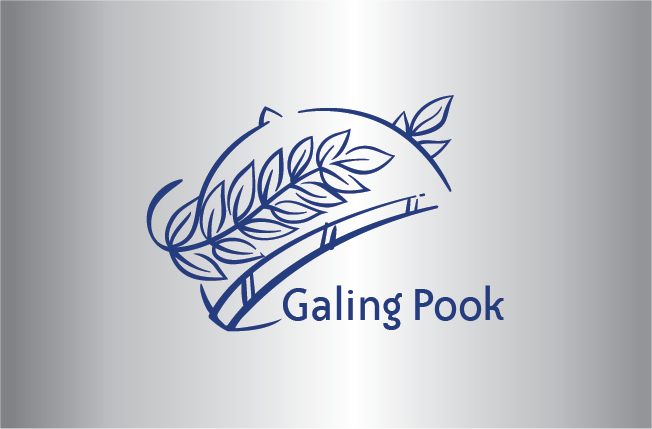
Eco-Walk (An Environmental Awareness Program for Children)
Baguio City
1996
A random survey of schoolchildren in Baguio City showed that only a few understood the interconnectedness of water coming out of their faucets with the forest. In addition, none of the children had seen or gone to a forest. This realization gave birth to Eco-walk, a program which aims to create environmental awareness among children through an experiential learning and value enhancing process. Conceived in 1992, the project is a joint undertaking of the city government with the school teachers, government employees, barangay officials, the youth and socio-civic organizations. The activities include the following: guided hikes to Busol watershed twice a week, observation tour of the fauna and flora, lectures on the effects of squatting and logging on water resource depletion and climatic change, environment-related quizzes and songs, picnics and tree planting.
The children had reforested a barren area called "muyong" in Ifugao or man-made forest which they visit regularly. The continuous presence of children who came in groups acted as a deterrent to potential squatters and tree poachers. A total of 25,000 tree seedlings had been planted and continually tended by the same number of children. A high rate of survival of trees ensured the availability of water from Busol which supplied thirty five percent of Baguio's water requirements. Strong volunteerism, active involvement of barangay officials, NGOs and private sector and the support of the city mayor are among the key success factors of the project. Eco-walk has turned the Baguio Regreening Movement into a community-wide undertaking composed of volunteer guides from different sectors who contributed funds to sustain the project. The proceeds from other fund raising drives were used to construct picnic sheds, purchase tools and equipment and establish a nursery.
This program is recognized as one of the Ten Outstanding Programs in the 1996 Galing Pook Awards.


